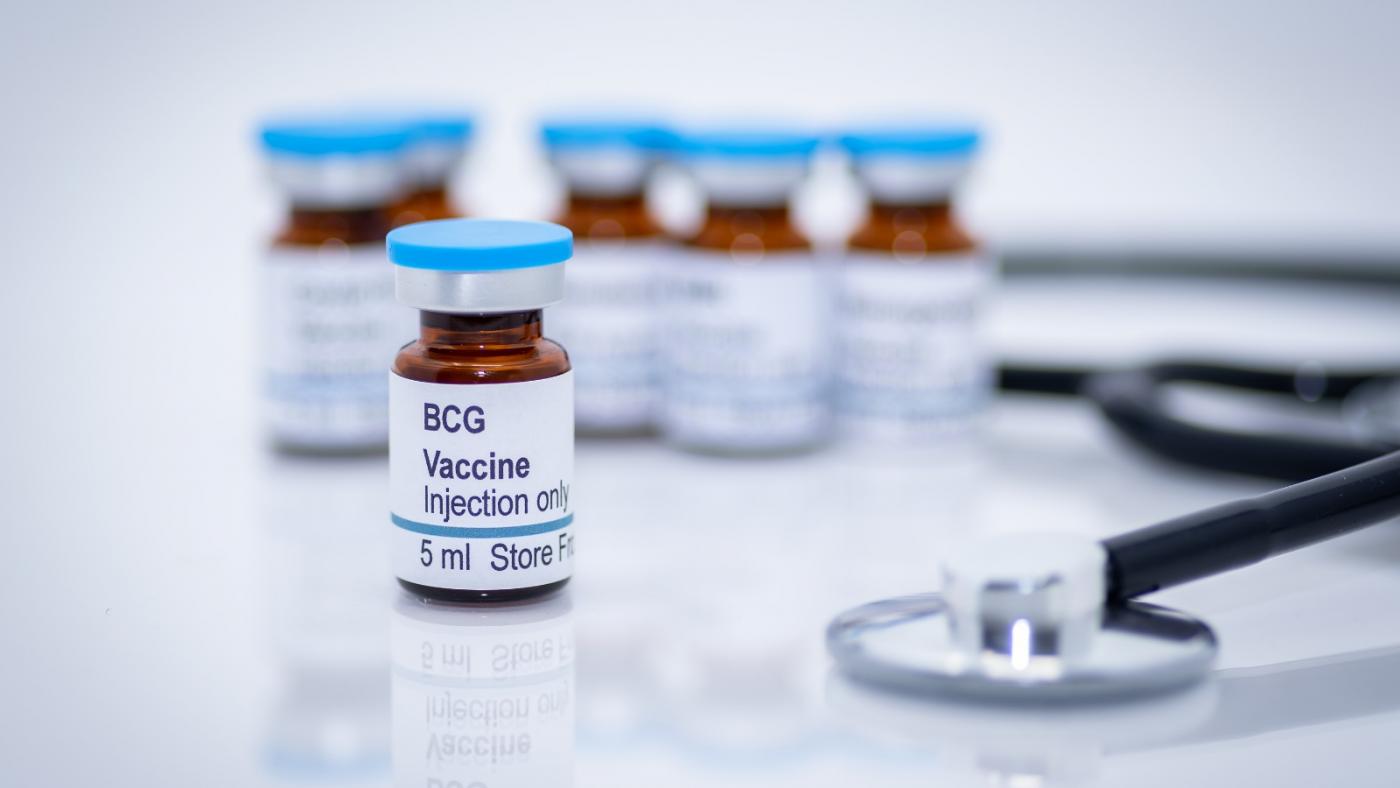Study with BCG vaccine investigates immune response to COVID-19
18/06/2021
Murdoch Children's Research Institute
Led by Australia, a new trial will investigate whether it is possible to predict who remains susceptible to the variants of Sars-CoV-2, even when they received a vaccine against COVID-19 or have already been sick due to the virus. The research will be exploring the immune response of vaccines specific against the disease in Brazilian health workers, in order to identify biomarkers that can indicate whether someone will be protected (or remains at risk of contracting COVID-19), if exposed to a variant of Sars-CoV-2.
The study received philanthropic financing from the Bill & Melinda Gates Foundation and is a substudy of Brace, led by the Murdoch Child Research Institute (MCRI), with the intention of evaluating whether the BCG vaccine (Calmette-Guérin bacillum) can help protect against COVID-19. Today, Brace is the world’s largest study on non-targeted effects of the BCG vaccine. Since the study was launched, in March 2020, 6,800 health workers have been recruited in 36 places in Australia, Brazil, the Netherlands, Spain, and United Kingdom.
BCG was developed a century ago, to prevent tuberculosis. The randomized clinical trial (Brace) is now being carried out to determine whether the BCG vaccine reduces the incidence of symptomatic and severe COVID-19 in health workers. In addition to this main goal, the trial also evaluates the effect of BCG on other respiratory and allergic diseases.
Study in Brazil
Associate professor Julio Croda, the main researcher of the Brace study in Brazil, said that 2,400 health workers in three study sites in Brazil are being followed and tested for COVID-19 as part of the study.
“This subgroup of participants offers a unique opportunity to understand the risks and determinants of susceptibility to reinfection with Sars-CoV-2 variants, especially the P.1 variant. This research is fundamental to plan effective approaches to help protect people”, he says.
With the specific COVID-19 vaccines now available for health workers, the study will also be analyzing whether the BCG vaccine improves immune response to the Pfizer, AstraZeneca and CoronaVac vaccines.
“We are recruiting Brace participants in Victoria, southern Australia, and in Brazil, to evaluate if those who have had the BCG vaccine have a better or more prolonged immune response to the specific COVID-19 vaccine”, says professor Margareth Dalcolmo, main researcher of Brace in Rio de Janeiro. “This is an incredibly exciting work and shows how the MCRI reacted to the pandemic. A deeper understanding of the immune responses to the specific COVID-19 vaccines will be important for the global effort to contain this pandemic.
Participants are followed up every three months with questionnaires and blood samples, as well as with a steady collection of data via phone calls and a personalized smartphone app, fed by WeGuide.
The Brace study received philanthropic funding by the Bill & Melinda Gates Foundation, Sarah and Lachlan Murdoch, Minderoo Foundation, The Royal Children's Hospital Foundation, the government of South Australia, NAB Foundation, Calvert Jones Foundation, UHG Foundation, Modara Pines Charitable Foundation, Health Services Union NSW, Peter Sowerby Foundation, South Australia Ministry of Health, Epworth Health, Swiss National Science Foundation and individual donors.


